Electrical inspectors demonstrate support of electrical manufacturers and feel they are an integral part of the team dedicated to providing an environment in which consumers can safely use electrical energy. In keeping with that objective, many of these manufacturers have traditionally been and continue to be an important part of the International Association of Electrical Inspectors membership. Many actively participate in section and chapter meetings. Some of those individuals are often involved in code discussion panels and technical presentations and contribute in many other ways to the betterment of the organization and industry. Their involvement is an asset to the IAEI and in its effort to promote electrical safety.
Unfortunately, the level of participation of electrical manufacturers as members of the IAEI has decreased over the past few years and that adversely affects both the IAEI and manufacturers. It is readily understood that factors such as the necessity of being involved in both national and international activities and the impact of prevailing economic conditions have significantly affected planning and operations of industry organizations and have placed a heavy demand on resources. In view of these and other conditions, some may conclude that being part of the IAEI is not economically practical because electrical inspectors are not primary purchasers of electrical products and don’t contribute to the bottom line. While electrical inspectors are not customers in the general sense, the normal performance of their code enforcing responsibilities can have a significant effect on the use of products within their jurisdiction.
John Minick, National Electrical Manufacturers Association field representative and former IAEI Southern Section president, stresses the importance of NEMA’s association with inspectors in his contribution to an article in the November 15, 2001, issue of the NEMA publication electroindustry. That recognition is appreciated and manufacturers not already involved are encouraged to become active participants in the IAEI as membership in the association is one of the best investments they can make. Qualified electrical inspectors are one of the best friends manufacturers have.
The electrical inspector’s primary obligation is to the consumer or user of electricity within his or her jurisdiction. It is in the best interest of the consumer as well as the inspector that quality electrical products be used and that they be installed and maintained by qualified people so that a high degree of consumer safety can be achieved. It is also in the best interest of manufacturers that their products comply with safety standards and be installed and used correctly. A representative of a well-known manufacturer actively involved with the IAEI made a comment something to the effect that “It would be foolish and contrary to our company’s goals for it to produce an unsafe product.” It actually goes beyond that. Even a product designed to operate safety can easily be installed or used in a way to render its operation unsafe. Inspectors are instrumental in locating and identifying many of those abuses and enforcing corrective measures.
The IAEI is considered as a keystone of the electrical industry because of its unique position and composition. It provides a focal point of interest because the work of electrical inspectors affects most segments of the electrical industry. Being a part of the IAEI provides a variety of benefits regardless of which part of the electrical industry the member represents. Some of those that apply to manufacturers are:
Establishing contacts and developing effective communications: Experience as a governmental electrical inspector and as a field representative for the National Electrical Manufacturers Association has provided some valuable insights for me as to the different needs and constraints of inspectors and manufacturers. Shortly after being employed by NEMA, I became aware that a real problem existed as to how each profession perceived the other. The expectation of each as to what the other could do was often miles apart in concept. This observation caused me to set an objective to encourage both groups to become better acquainted and to communicate with one another more effectively. Each needs to develop a better understanding of the capabilities, obligations, and constraints of the other. This objective has been successful on a limited basis but there is a great amount of work that needs to be done. Where good communications are established between inspection authorities and manufacturers, it significantly reduces problems and misunderstandings. This can translate into a significant saving of time and money for both sides.
IAEI meetings are places where inspectors and other members of the industry can meet and become acquainted in an environment where people of similar interests assemble to learn, exchange new ideas, and address other important industry issues. These settings not only result in educational achievements, they also provide an opportunity to develop better communications between and within groups. It is well understood that knowing someone to contact when information is needed or problems need to be resolved is far better than having to start cold in the search for solutions.
Being a source of product information:Electrical manufacturers are the ideal source of technical expertise regarding the design and use of their products. Individuals from those companies who have the technical knowledge of product standards, products, and how they relate to Code rules can serve as an important source of reliable information for designers, installers, and enforcers. Many electrical products are becoming much more complex and create a challenge for enforcing authorities to keep up with those advancements. Designers and installers often use a limited variety of materials and equipment because they generally select specific lines of known products that they prefer and use them as standard operating procedures. Enforcing authorities must be prepared to inspect the installation of any type of foreign or domestic electrical equipment and be knowledgeable enough to determine if the installation complies with Code rules. Electrical inspectors need considerable information regarding specific electrical equipment and materials to effectively do their jobs. The best source for reliable information is from the product manufacturer. This is a significant reason why manufacturers need representatives known to and involved within the inspection community. Other sources of information are also necessary, but they are no substitute for the data available from makers of products.
Addressing the problem of counterfeit products: Counterfeit electrical products are a serious problem for both inspectors and manufacturers. From the inspector’s side it presents several problems, but the most significant one is that of safety. For manufacturers, this is a severe problem from several aspects and can have a serious impact on them. Inspectors need to be able to recognize counterfeit products and this information should come from manufacturers. This has already been demonstrated by a few product manufacturers where representatives made presentations at IAEI meetings showing examples and specific details of counterfeit products and the differences between them and the authentic ones. Viewing samples of counterfeit products made it clear that unless one knows exactly how to distinguish between them and legitimate products, the imitation will likely be undetected. The best source for that information is the product manufacturer and the best location to dispensing it is at IAEI meetings.
Providing information during the Code development process: The IAEI has an established procedure to allow Code proposals to be processed for organizational endorsement. Where proposals involve electrical products, information from manufacturers is frequently needed to give inspectors adequate data to consider before taking a position on those proposals. Those hearings often involve extensive discussion of the merits of the issue and where an electrical product is concerned, it is best that a manufacturer is present to both present information and respond to inquiries.
Identification of field problems: Electrical inspectors are a good informational source for manufacturers regarding how their products are installed and used in the field. Regardless of how good a product is designed and made, if it is not applied in the field as it was designed, it can become a problem. Identifying field problems provides manufacturers information that can lead to the development of new products, the modification of existing ones, or changes in instructions included with products. Getting this type of information either at inspector meetings or through contacts established within the IAEI can be helpful to manufacturers. It is especially advantageous to a manufacture if their representatives are able to deal directly with the source of such information where it is product specific.
Correcting misinformation: Inspectors need accurate product information to aid them in making many of their enforcement decisions. It is in the best interest of manufacturers to make that type of information accessible to inspectors and to address misinformation whenever it occurs. During inspector meetings where code discussion or other educational programs are conducted, it is not uncommon for material to be presented or questions to arise regarding the installation and use of specific products. It is highly desirable that someone knowledgeable of the product, its application and performance, related standards, and Code rules either be the presenter or be present to provide correct information should questions arise.
Product exhibitions as classroom: Most IAEI meetings make provisions for electrical manufacturers to display their products. Exhibits staffed with people who have extensive knowledge of the products they display can be extremely effective educational settings for inspectors for product recognition and application. While inspectors don’t purchase these products as part of their job, the more they know about them, the more effective they can be as inspectors. There is no substitute for seeing the actual product and getting detailed information on it. Product displays at meetings generally result in inspectors plying exhibitors with questions about products in order to learn as much as they can.
It is difficult to identify all the positive aspects of IAEI membership beneficial to manufacturers. The small fee for membership and the cost of attending meetings pales in relation to the direct benefits realized. IAEI gains from that association also, but the greatest value is not from membership dues or exhibit fees, but rather from the sharing of information, the open lines of communications, and in the cooperative effort to promote safety.


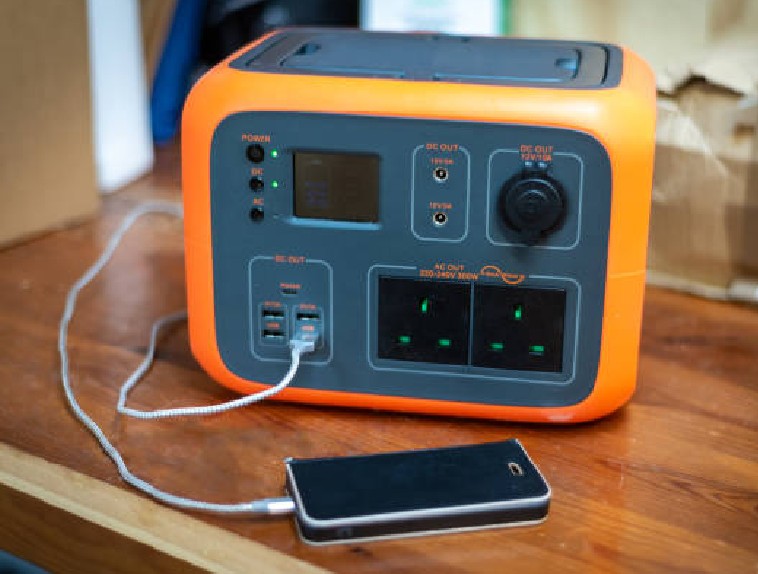
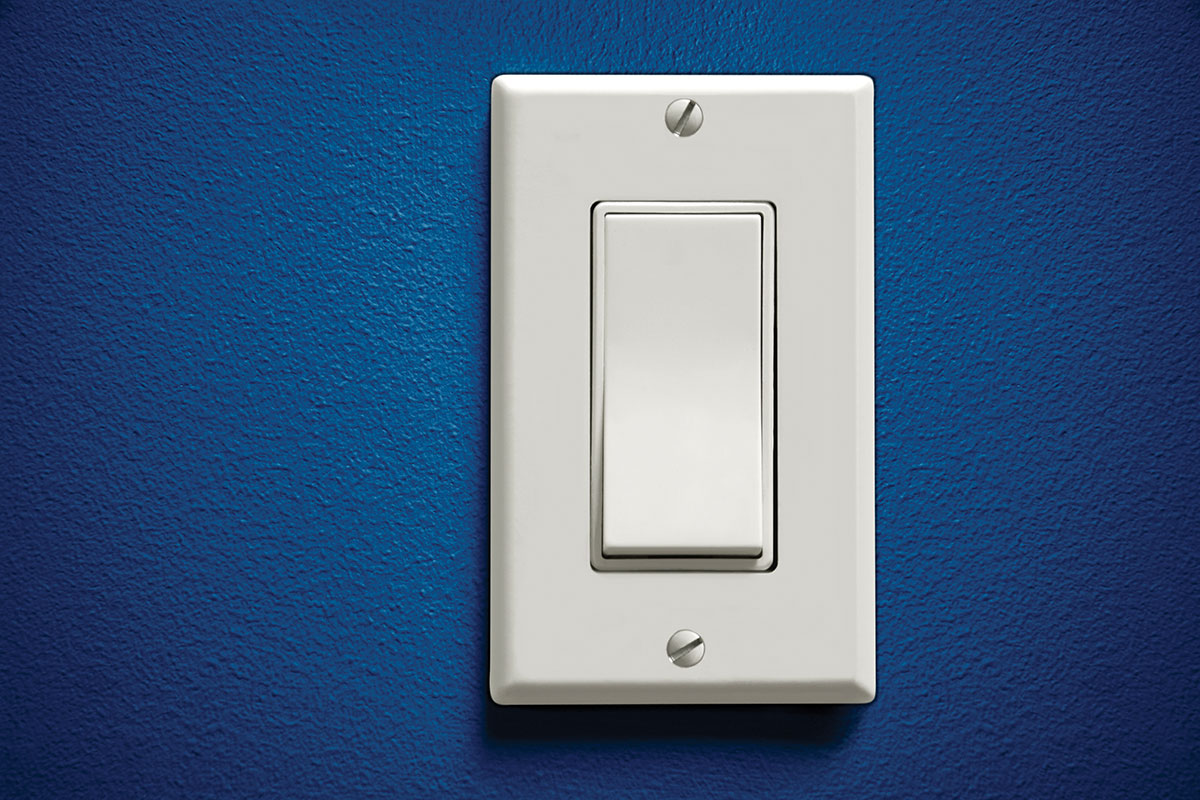
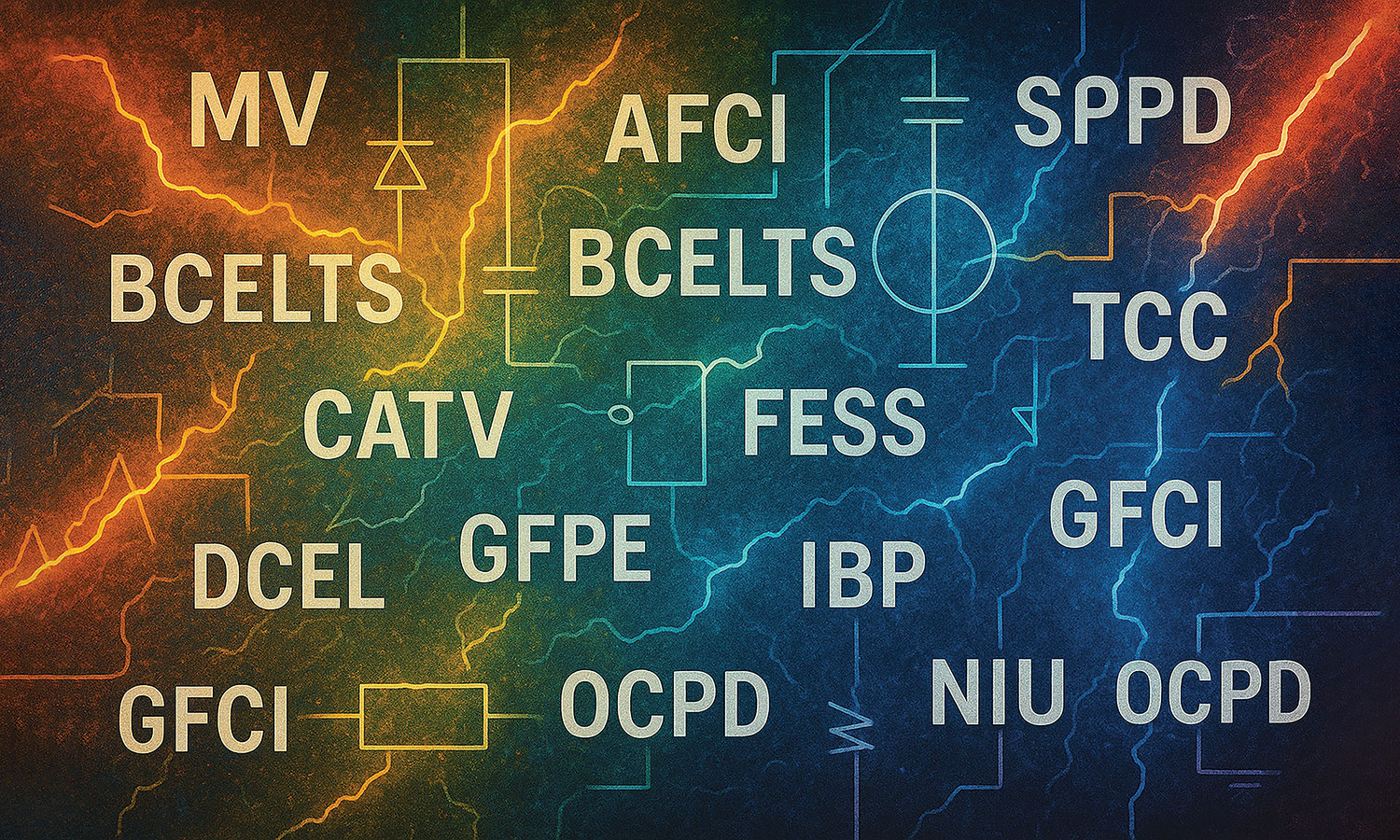






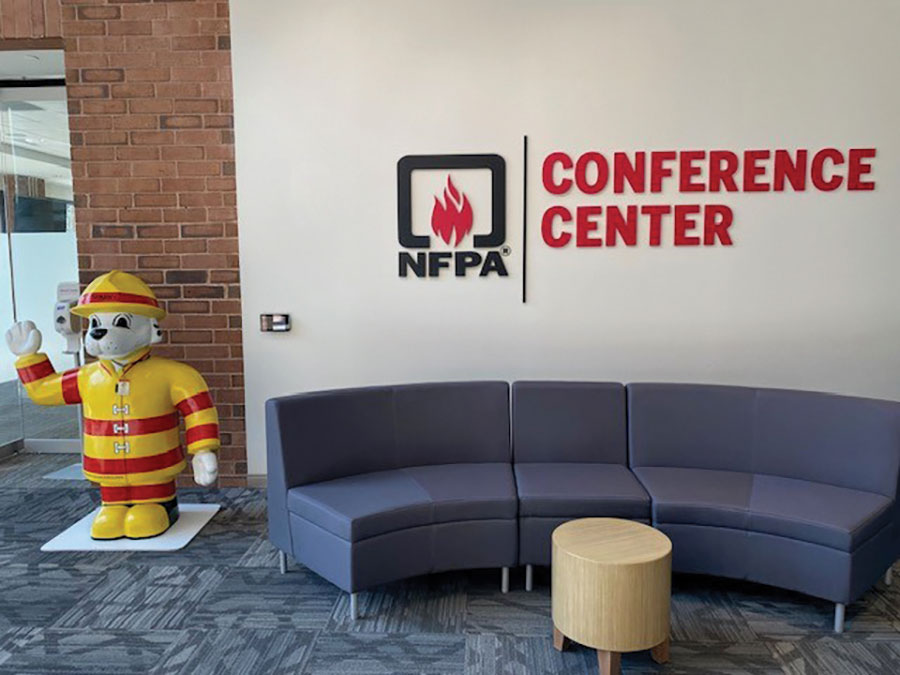
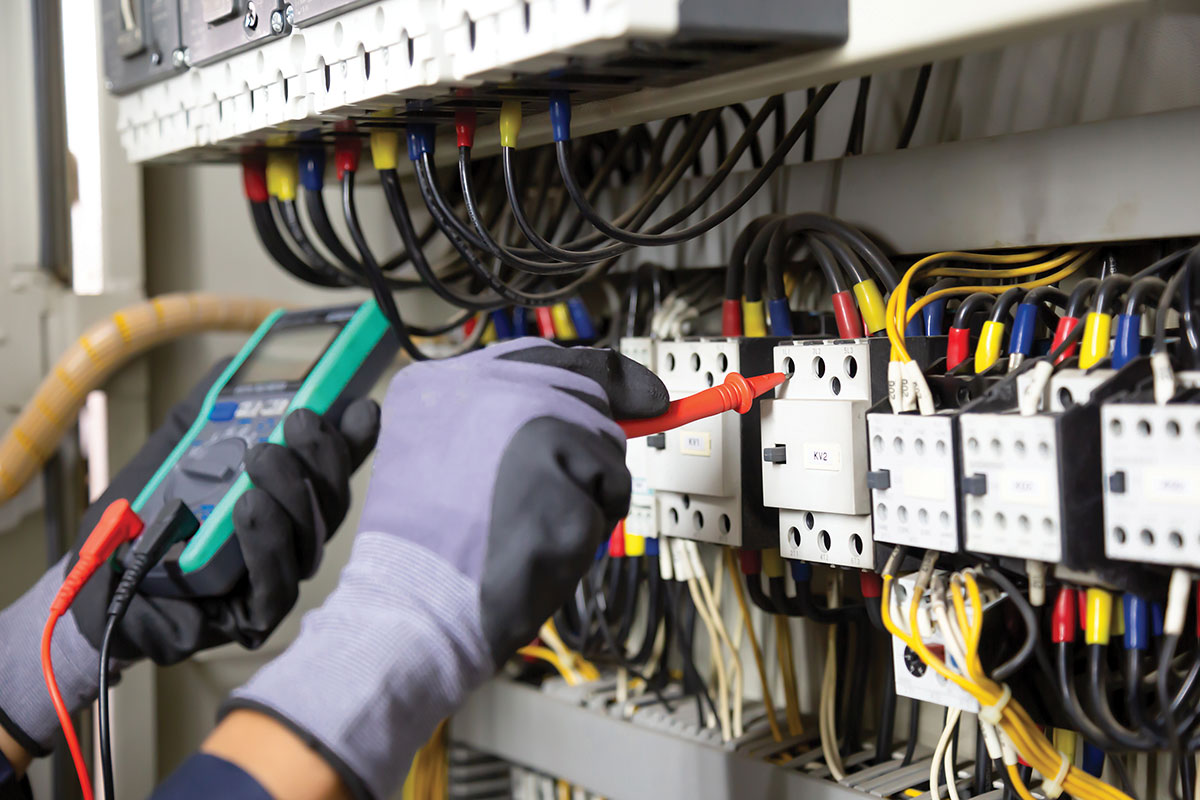

Find Us on Socials